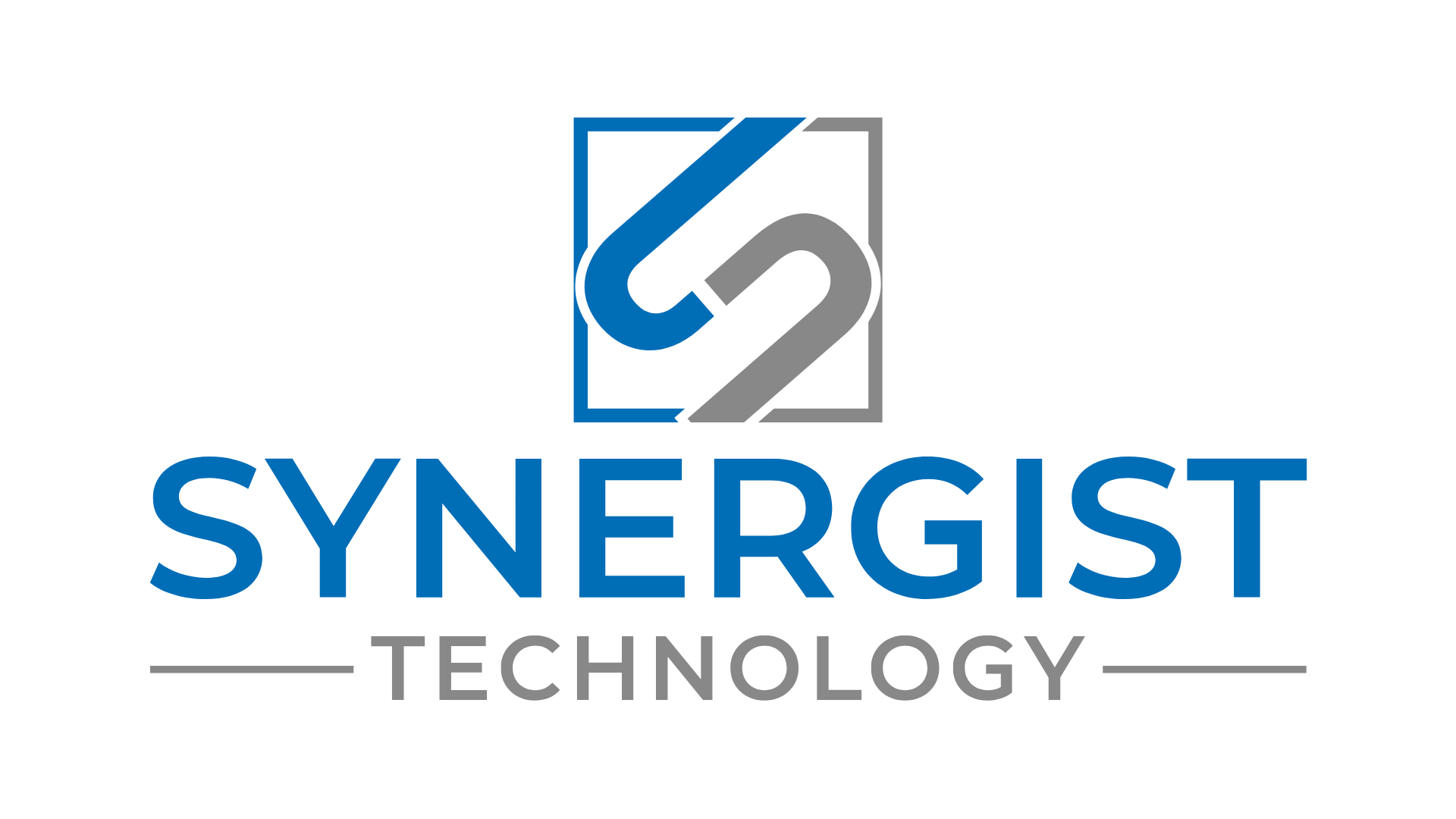In the evolving landscape of technology and entertainment, a fascinating intersection has emerged: Taylor Swift and AI governance. While these two might seem worlds apart at first glance, they converge on the critical issue of intellectual property (IP) and brand protection in an age increasingly dominated by artificial intelligence.
Taylor Swift is a pop icon and a master of brand management. Over the years, Swift has demonstrated a keen understanding of her image and its value. From negotiating with streaming platforms to reclaiming ownership of her master recordings, she has shown a remarkable ability to navigate the complex waters of IP rights. Swift’s proactive approach to protecting her music underscores the importance of safeguarding creative works in a digital era.
Artificial Intelligence, with its rapid advancements, has revolutionized numerous industries. From healthcare to finance, AI systems transform how we work and live. However, this progress comes with its challenges, particularly in the realm of IP. AI can create art, music, and even deepfake videos, blurring the lines between original and synthetic content. This phenomenon, often called "AI creep," poses a significant threat to artists and creators who strive to maintain control over their work.
AI governance involves establishing policies and frameworks to ensure AI technologies' ethical and responsible use. This includes addressing data privacy, security, and IP rights. Effective AI governance can help mitigate the risks associated with AI creep by implementing safeguards that protect creators’ works from unauthorized use or replication.
A multifaceted approach is required to bridge the gap between traditional IP rights and the emerging challenges posed by AI. This includes updating copyright laws to address the unique challenges posed by AI-generated content. It could also involve clearer definitions of ownership and use rights for AI-created works.
Technological solutions are also essential. Developing tools that can detect and prevent unauthorized use of content, such as blockchain technology, can provide a transparent and immutable record of IP ownership, making tracking and enforcing rights easier. Public awareness plays a crucial role as well. Educating creators and consumers about the implications of AI on IP rights includes promoting best practices for protecting one’s work and recognizing the potential risks of AI-generated content.
The alliance between a music superstar like Taylor Swift and the principles of AI governance symbolizes a broader trend where industries must collaborate to address shared challenges. By drawing on Swift’s experience in brand management and the evolving field of AI governance, stakeholders can develop robust strategies to protect IP in the digital age.
The convergence of Taylor Swift and AI governance highlights a critical issue of our time: protecting intellectual property in an era of technological advancement. Our approaches to safeguarding creative works must evolve as AI continues to grow. Through legal reforms, technological innovations, and public awareness, we can create a framework that protects artists like Taylor Swift and fosters a fair and equitable digital landscape for all creators.
The Artists Rights and Royalty Association (ARRA) is at the forefront of efforts to help artists protect their brands in the digital age, particularly against the challenges posed by AI technologies. As AI becomes increasingly capable of creating art, music, and even deepfake videos, the potential for unauthorized use and replication of an artist's work has never been higher. ARRA is committed to advocating for stronger intellectual property laws that address these emerging threats. This includes lobbying for updated copyright protections, developing technological solutions to detect and prevent infringement, and raising awareness among artists about the risks and best practices for safeguarding their work against AI-driven infringements.
Consumer brands, like individual artists, also face significant risks from AI technologies. To maintain their integrity and market value, brands must diligently monitor and protect their intellectual property. The rise of AI-generated content can lead to counterfeit products, misleading advertisements, and unauthorized use of brand trademarks. Consumer brands must invest in advanced AI monitoring and compliance tools to combat these issues.
Synergist Technology specializes in providing comprehensive AI governance and compliance risk management solutions. Synergist offers state-of-the-art tools and frameworks designed to test whether AI systems comply with current regulations and help organizations mitigate risks associated with AI, such as algorithmic biases and transparency issues. By integrating Synergist Technology’s solutions, businesses can confidently navigate the complex landscape of AI governance, maintaining trust and integrity in their AI-driven operations.
Written by Brad Levine, President of Synergist Technology.


